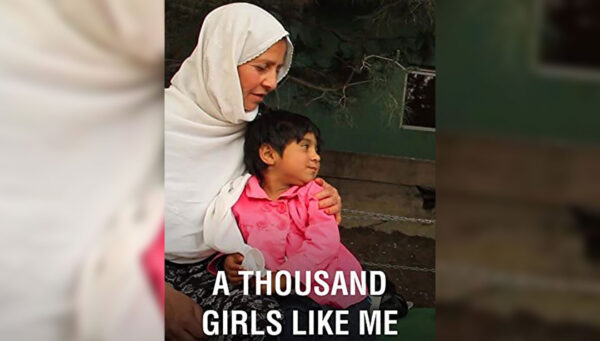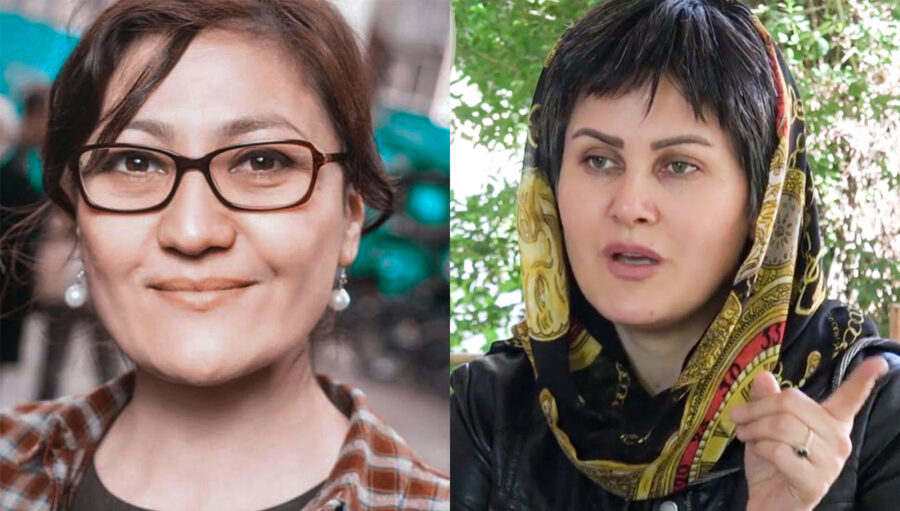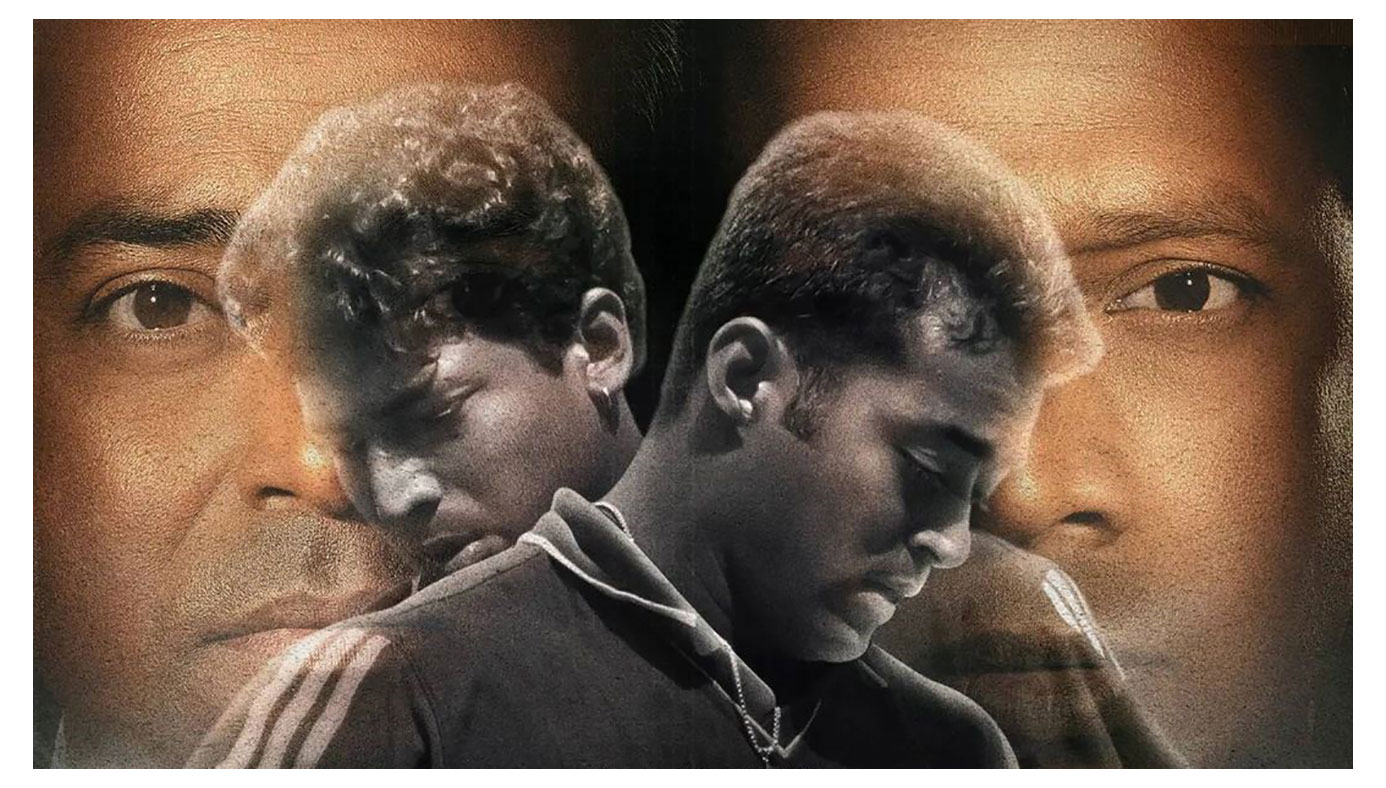Afghan filmmakers Sahraa Karimi and Sahra Mani threw light on the plight of filmmakers in Afghanistan since Taliban’s takeover of Kabul on August 15, during a panel discussion at the Venice International Film Festival on Saturday.
“Imagine, Sunday, August 15, you start your normal day. And then, a few hours later, you make the most difficult decision of your life, to stay or leave. You see in front of your eyes, the collapse of your dreams, the collapse of your country,” said Karimi, whose debut film Hava, Maryam, Ayesha, premiered at the 2019 edition of the festival.
The filmmaker, who is also the first female head of the Afghan Film Organization, fled Afghanistan with her family at the end of August, and is currently living in exile in Kiev, Ukraine.
Karimi has announced that her next film, Flight from Kabul, will be about her experience of fleeing from her homeland, tracing the 40 hours from Taliban’s invasion of Kabul to her leaving Afghanistan.
Speaking at the Venice film festival, Karimi described the impact of the events on the Afghan film-making community. She spoke about several ongoing initiatives and projects that have been stalled, including an impending insurance scheme for film-making equipment to help independent filmmakers and producers shoot in Afghanistan, apart from a couple of her own projects.
“There were two very important historical documentaries that were in post production. And we had our independent documentary film, which was selected for Docs-in-Progress at Cannes Film Festival, for the first time in the history of Afghan cinema. There were 11 short films under production and post-production. We were preparing for the second edition of the National Film Awards, a national film festival that was inaugurated in 2020. We were finalising, for the first time, the policies for Afghan cinema. We were working on an MoU with the Canadian Film Academy and other national film institutions, and had workshops planned for young filmmakers.”

Both Karimi and Mani said a weak Afghan government was the main reason behind the recent catastrophe.
“You have no clue how tough it is to make someone from the Afghan government understand the importance of films. But we tried to convince them to finance our films, even with small amounts,” said Karimi.
Mani added, “Working in Afghanistan wasn’t easy at all. We had one of the most corrupt governments in the world. We did not have electricity for weeks, or access to the Internet. We used to have two or three suicide attacks everyday, even on our way to work and shoots. We were not sure if we would come back home. Everyday, before leaving, I would look through my stuff for the last time. I always left a copy of my material with my family, my producers, in case I got killed in a bombing.”
Despite such hardships, Afghan filmmakers continued working. “We wanted to tell our stories from different perspectives, to show the beauty of our country,” Karimi said. Both filmmakers spoke about the need to change the cliched narrative around Afghanistan, which is always portrayed as a war-torn country with destruction as its face.
Films like A Thousand Girls Like Me, directed by Mani, were steps to this end. The film follows a young girl’s fight for justice after being sexually abused by her father, for 13 years.
Mani explained that while she was criticised for her portrayal of the judiciary, the film began a dialogue at educational institutions and by artists, thereby shifting the focus from Afghanistan’s image as just a war-torn country to the shortcomings of the system.

“And then, suddenly, all of that stopped,” Karimi said, speaking about the Taliban takeover and its after-effects. “One of our most rich archives, is now under the control of Taliban. Many independent filmmakers, who had gained international recognition in the last five years, were forced to leave. We did not even have the time to collect our personal belongings. I hope that nothing like Schindler’s List happens to us,” she added, referring to the Steven Spielberg directorial about the mass-persecution of the Jews at the hands of the Nazis.
Mani added that the music school her second film, Kabul Melody, is based on, was recently taken over by Taliban, who destroyed all the antique instruments.
While the Taliban claims to be lenient and accommodating with its laws this time, as opposed to the oppressive regime that it ran from 1996 to 2001, recent reports prove the contrary.
As an example, Mani brought up the recent news of an Afghan musician who was shot by the terror outfit for playing a musical instrument.
“Imagine if someone in the 21st century, comes and tells you that cinema is forbidden, music is forbidden, female artists should go and sit in a corner. My generation does not want that. We ask for support. All of you have a voice. So don’t forget about Afghanistan,” Karimi said.
She added that the future of young Afghan filmmakers is in jeopardy. “There are thousands of promising filmmakers and talents in Afghanistan, who couldn’t make it out and are hiding. They’ve deleted their social media accounts. They’re silent. I ask for help, for support. Not financial support, intellectual support, something that gives us hope. We deserve to live in peace, in a calm society and we deserve to fulfil our dreams.”
Recommended
About the Taliban, she said, “They are cruel as before, but they are smart now. They are using modern technology. They will even use cinema for propaganda.”
Karimi and Mani were joined on the panel discussion by Vanja Kaludjercic (Artistic Director of the Rotterdam International Film Festival), Orwa Nyrabia (Artistic Director of the International Documentary Film Festival Amsterdam), Mike Downey (President of the European Film Academy), Matthijs Wouter Knol (Executive Director of the European Film Academy), along with moderator and journalist Giuliano Battiston, who has worked, travelled and researched in Afghanistan for over a decade.
“We are homeless. And being homeless is not just about not having a room to live. Maybe we will find a room to live. Maybe we will find some jobs. We are homeless because we don’t have a country to sit and tell stories about,” Karimi said.



